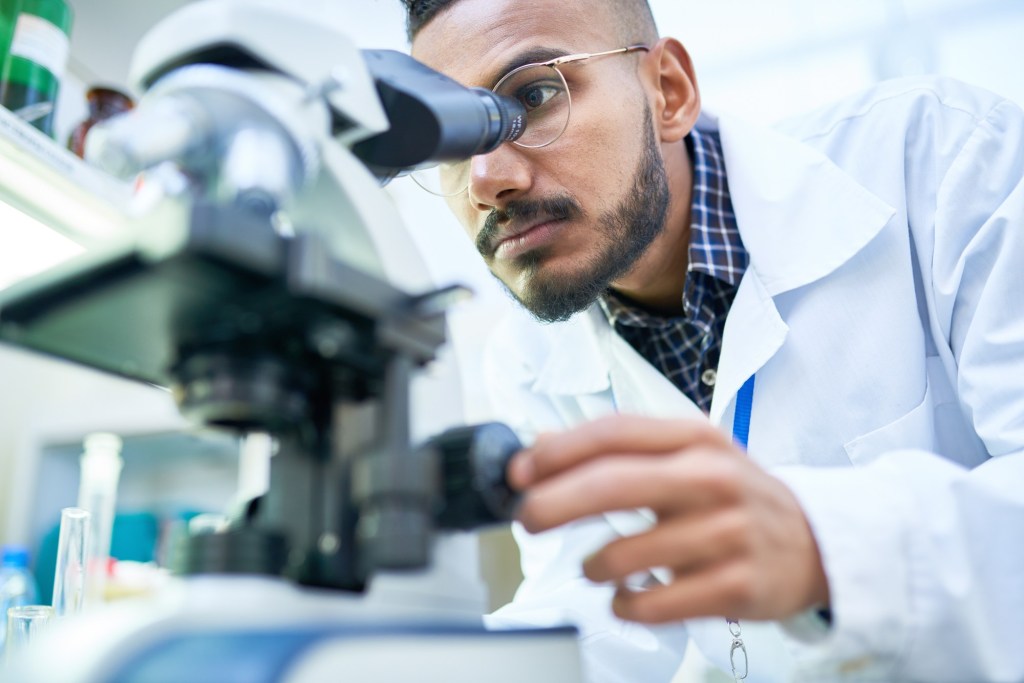
Perhaps if I grew up in a family in which the patriarch was a Queens real estate tycoon, I would see the world differently.
But that’s not the family structure in which I grew up.
My father is a chemist, and he made big rockets go boom with the whiz kids in the early 1950s at Aerojet in Azusa, leading to the Saturn V, the vehicle that carried the Apollo astronauts to the moon in 1969.
My step-father was a physicist, also a rocket scientist, who did the math in those early ‘50s that proved explosive power could get a craft out of the atmosphere and into Earth orbit, which no one, Russian or American, was sure of until he penciled it out on the graph paper.
He was one of the few JPL civilians at Cape Canaveral when the Explorer was launched in 1958.
“We’re looking good, sir,” he told an Army general.
“Damn it, Hibbs, are we in orbit or are we not?”
“We’re in orbit, sir.”
It remained in orbit until 1970, 58,000 times around the Earth.
My sister’s a mathematician.
My brother is an aeronautical engineer.
My other sister, the lawyer, and myself, the journalist, are the only ones who didn’t get the science gene.
Not that we don’t celebrate the genius of the others around us.
I bring this up in the context of the current presidential administration, which doesn’t think that science is a thing. I haven’t quite figured out what they do think is a thing, other than global fiscal devastation that has left us trillions of dollars poorer.
But I do bring it up hoping against hope that someone in the White House can turn this thing around, because the United States of America is about to lose an entire generation of scientists to other countries around the world, and that in the long run could be even more disastrous for our economy and our culture than idiotic protectionist trade policies are.
Here’s what’s going on, and why all of us regardless of political party who are concerned about our country’s future need to speak out.
From Scientific American: “Drastic cuts to federal science programs are draining millions of dollars in research funding from universities in Republican-dominated states, testing the support of conservative lawmakers for President Donald Trump’s chaotic reshaping of the U.S. government.”
From Politico: “A recruiter for Chinese tech firms based in the southern coastal city of Shenzhen sees opportunity in the rising numbers of U.S. scientists left jobless by Trump administration leaves and layoffs. An ad that began circulating on multiple social media platforms last month welcomes ‘global talents to pursue career development and entrepreneurship in #Shenzhen, #China.’ The ad pitches the city — located across the border from Hong Kong— as ‘one of China’s most concentrated cities for technological development.’”
The Trump administration’s disinterest in pure research could fuel “America’s demise as the most powerful force for innovation in science, health and technology for the 21st century,” according to the leading science reporter in The New York Times.
“The extraordinary success that has been American science makes it especially distressing to now witness its destruction,” writes Paul Darren Bieniasz, a British-American researcher who came here to be part of the best country in the world’s smartest moves, in The Guardian. “The public investment that has made American science exceptional also makes it dependent on political support. For the most part, both sides of the political divide have recognized the obvious value of American science to society and have broadly supported public investment in it. But this no longer appears to be the case. As I write, American science is being throttled.”
The smartest students from around the world — from India, South Korea, and, yes, China — don’t have to come to UCLA, to Caltech, to Berkeley, to Stanford if they are not made welcome. Not when Oxford and the Sorbonne say, Come hither. MAGA means to make fools of us all.
Larry Wilson is on the Southern California News Group editorial board. lwilson@scng.com.



